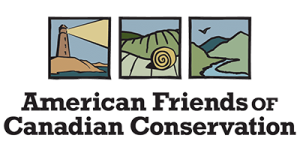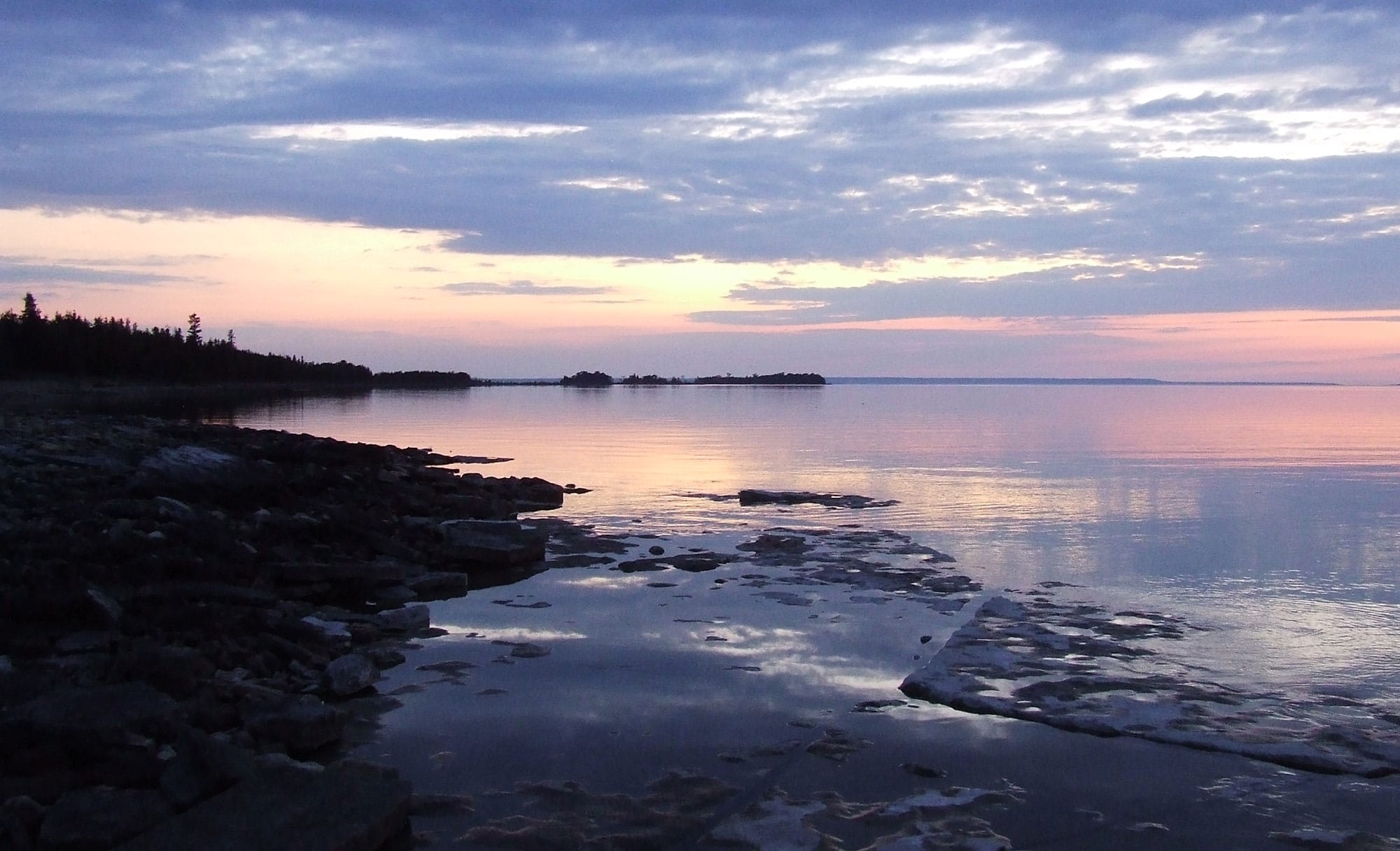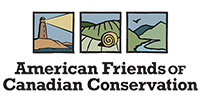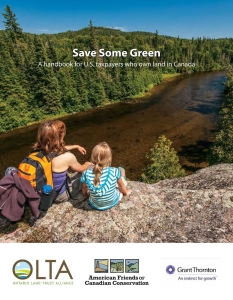Canadian conservation leaders report that in prime vacation areas such as the Maritimes, Great Lakes’ island country and British Columbia’s Gulf Islands some of the most ecologically significant land is owned by US citizens. Many of these properties are part of multi-generational family traditions that link our two countries.
Conservation-oriented Americans are often familiar with land trusts that operate in the US and therefore recognize that donating land or a conservation easement can provide both personal satisfaction and positive financial results. The aging of the baby-boom generation means that many families are engaged in estate planning. According to a 2002 Wall Street Journal article by Jeffrey Zaslow, “Vacation home ownership rose 13% in the 1990s, to 3.5 million homes. Today, one out of every seven homeowners over age 65 also owns a second home that must be factored into their estates.”
Americans interested in donating their Canadian land or a partial interest can accomplish both their conservation and estate planning objectives through a gift to American Friends of Canadian Conservation . It is perfectly legal to make the gift directly to a Canadian land trust but income tax and some estate benefits in the US are available only when a donation is made to a US charity. However donating to any US charity other than American Friends of Canadian Conservation can create undesirable Canadian capital gains tax consequences, particularly if the donor has owned the land for a long time. American Friends’ role is to make it possible for US taxpayers to make conservation gifts that make financial sense. Please refer to the section on Tax Advantages for more information.
For specifics on how American Friends’ Cross-Border Program works and how to participate as a donor or partner please read the Conservation Lands Program Overview.



